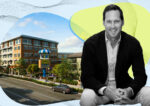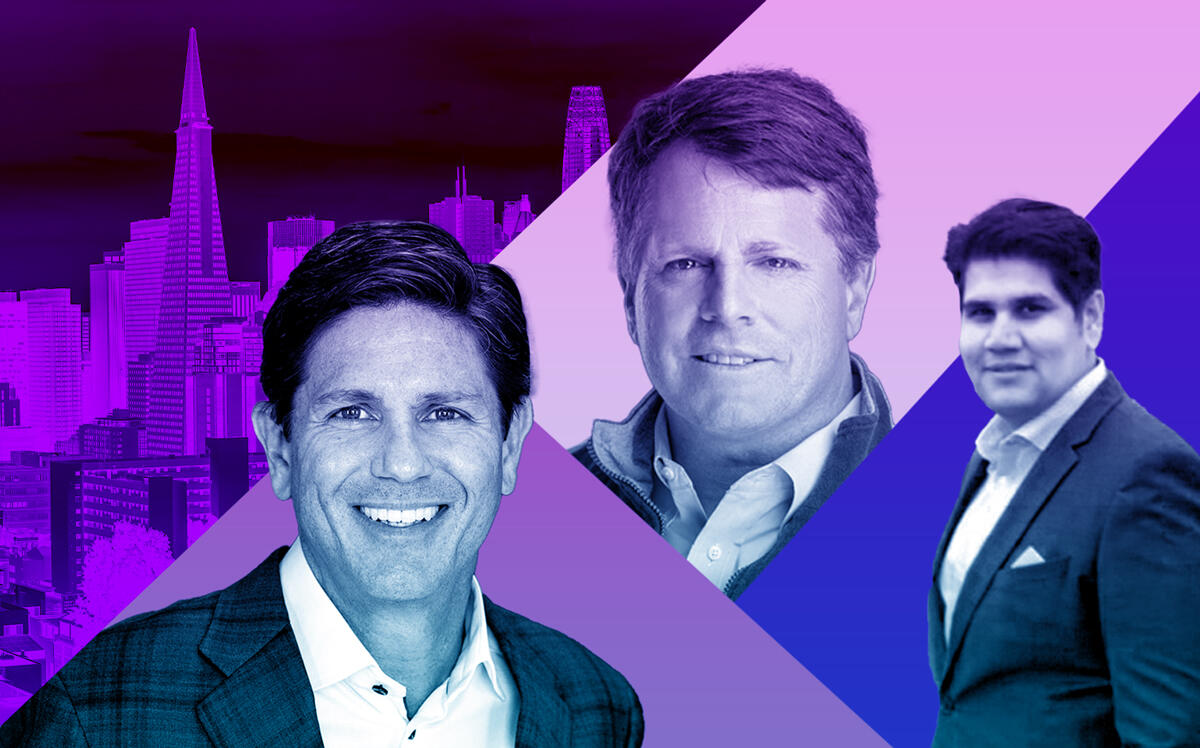Leaders in San Jose’s development, architecture and hospitality sectors have a couple requests for the city government: bring government workers back to the office and increase its marketing budget.
It’s a message that comes at a time of change for its leadership body and uncertainty for the local real estate industry.
San Jose residents will soon have a new mayor and a new city council member representing its downtown, while the longtime head of the city’s downtown association is set to depart in the coming weeks.
“The time for change is upon us,” Gary Dillabough, co-founder of downtown developer Urban Community, said during a panel discussion hosted by the Silicon Valley Capital Club on Nov. 4.
Dillabough along with fellow panelists David Hart, CEO of architectural firm Steinberg Hart, and Bharat Lugani, general manager of the Hilton San Jose downtown, said change is needed to help the city’s core recover after a trying couple of years for area businesses and hotel operators.
One place to start is the city’s government bringing all its workers back to the office, the panelists agreed.
“We need to start to drive some of these initiatives; we need the leadership of some companies to demonstrate it’s important to be back in cities,” Dillabough said. “I think that will come. It’s just a matter of time and the amount of leadership we put into it.”
Hart, echoing Dillabough, said his firm has offices in cities where that’s happened, and that’s had the knock-on effect of leading other employees to return to office life.
“A big employer does make a difference,” he said.
Hart’s firm has had an office in downtown San Jose for nearly 70 years and was involved in designing about a third of the buildings in its urban core. But to him, Northern California’s largest city by population is still the most unrecognizable one in the U.S.
“We’ve always had the Sobratos, the Swensons, Jim Fox, the DiNapoli family,” Hart said. “This has really been a place where a lot of people have been committed. What’s going to be the tipping point? That’s why we’re all here today — to try to figure out how to get this kindling to spark and go. I think we were just about there when the pandemic hit.”
Dillabough’s intends to bring that “spark” through seven projects totaling about 5 million square feet of office and residential space his firm is developing in partnership with Canadian developer Westbank, Hong Kong’s Peterson Group, and pension fund OPTrust. The group is underway on constructing two projects, with the other five projected to receive planning approval between the end of this year and the first quarter of 2023, Dillabough said on Nov. 4.
One of the projects already underway, a 1.2-million-square-foot structure with office, retail and expansion space for the Tech Interactive museum next door, recently hit a speed bump after the development team discovered six-feet-deep Native American burial grounds on the project site.
“It’s just going extraordinarily slow,” Dillabough said. “It will probably take us six months to get down five or six feet. But hopefully, once we’re past that, we’re going to go down about four stories and the project will start to come out of the ground.”
San Jose’s business travel sector has been faring better than the likes of San Francisco and New York but worse than Oakland, Chicago and Boston, according to a May San Jose Spotlight report. The industry’s near-term outlook hasn’t gotten rosier since then. New Covid-19 variants have emerged along with fears that the economy is heading into a recession, while leading Bay Area tech companies are laying off employees or enacting hiring freezes.
In an effort to soften the blow, Lugani, who oversees the 354-room Hilton attached to San Jose’s convention center, is working with the center and the city’s convention and visitor bureau on creating a new marketing campaign for the city. But San Jose’s marketing budget is merely one-tenth that of San Francisco’s, he said during the panel.
“We need to show how vibrant we are,” he said. “San Pedro Square is great and vibrant, but we need City Hall to do more, expanding that a little bit. Our goal is by next year to go to the city and get a bigger campaign where we can be what Seattle is recruiting right now.”
Editor’s note: The Real Deal’s Matt Niksa moderated the Nov. 4 panel discussion.
Read more


